Emergence of a knowledgebased economy from "summary" of The New Class Conflict by Joel Kotkin
In the last few decades, we have witnessed a profound transformation in the way our economy functions. This transformation has been driven by the increasing importance of knowledge and information in driving economic growth. The emergence of a knowledge-based economy has fundamentally changed the nature of work and the skills that are in demand in the marketplace. In a knowledge-based economy, the most valuable assets are no longer physical capital or natural resources, but rather the knowledge, skills, and creativity of individuals. This shift has been facilitated by advances in technology, which have made it easier to access and disseminate information on a global scale. As a result, industries that rely on knowledge and innovation have become increasingly important drivers of economic growth. One of the key characteristics of a knowledge-based economy is the emphasis on education and skills development. In order to thrive in this new economic landscape, individuals must constantly update their knowledge and acquire new skills. Lifelong learning has become essential for staying competitive in the job market and adapting to the rapid pace of technological change. Another important aspect of the knowledge-based economy is the rise of the creative class. This class is made up of individuals who work in fields that require creativity, innovation, and problem-solving skills. They are often employed in industries such as technology, design, media, and the arts, where their ability to generate new ideas and think outside the box is highly valued. The emergence of a knowledge-based economy has also led to a growing divide between those who possess the skills and expertise needed to thrive in this new environment and those who do not. This divide has created a new form of class conflict, as those in the creative class and knowledge workers increasingly find themselves at odds with traditional working-class and middle-class workers whose skills are becoming obsolete.- The emergence of a knowledge-based economy has fundamentally changed the way we work and the skills that are valued in the marketplace. This shift has created new opportunities for those who are able to adapt and thrive in this new economic landscape, but it has also created challenges for those who are left behind. As we continue to navigate this new terrain, it will be essential to invest in education and skills development in order to ensure that all individuals have the opportunity to succeed in the knowledge-based economy.
Similar Posts
Find purpose and passion in life
To truly live a fulfilling life, one must discover their purpose and passion. This is not merely a suggestion, but a necessity ...
Satisfaction is elusive in the workplace
The workplace is a confusing place where dreams go to die. Workers often find themselves trapped in a cycle of never-ending pro...
Find inner peace through selfacceptance
The key to finding inner peace lies in accepting ourselves fully. When we can embrace all aspects of who we are – the good, the...
Flexibility allows for the adaptation and expansion of cognitive capital
Flexibility is a key component in the enhancement of cognitive capital. The ability to be flexible in our thinking and actions ...
Learn to adapt and evolve
The business landscape is always changing, and as a company of one, it's crucial to be able to roll with the punches. Adapting ...
Learn from failures and setbacks
Failures and setbacks are inevitable in any journey towards success. They are not signs of weakness or incompetence, but rather...

Embracing creativity can lead to greater fulfillment in life
Creativity goes beyond the realm of art and music; it encompasses the essence of being human. When we allow ourselves to tap in...
Embracing risk fosters creative growth
Taking risks is a fundamental aspect of fostering creative growth. When individuals are willing to step outside of their comfor...
Government intervention
Government intervention is the interference of the state in the economy. It is the use of force to control the actions of indiv...
Trade fosters mutual understanding and cooperation
Trade is far more than the simple exchange of goods and services. It is a powerful force that brings people together, fostering...


